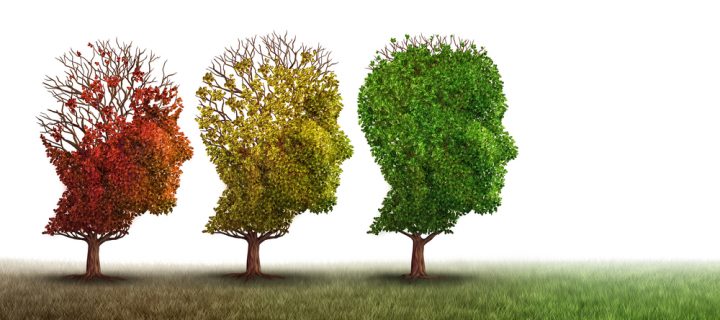Winter is a time of celebration, hibernation-if you’re surrounded by snow-and reflecting on the accomplishments of the year. And for some, it’s a time of clouded thinking.
It isn’t just all those relaxing candy cane lattes. It may sound unlikely, but in some far-reaching way, the seasons seem to be affecting our mind.
Research completed by scientists at the University of Toronto discovered the facts. Cognition skills for adults both with AND without Alzheimer’s are better in the late summer and early fall. In turn, these skills are then worse in winter and spring.
To complete their study published in PLOS Medicine, researchers analyzed data on 3,353 people enrolled in three different studies in the U.S., Canada, and France.
Related: Are You Smelling Something That’s Not There? You’re Not Alone
Participants had undergone neuropsychological testing. For some, their levels of proteins and information around whether or not they held genes associated with Alzheimer’s disease was available.
Even when the scientists controlled the data for things like depression, sleep, physical activity, and thyroid status, there was a significant difference in people’s thinking, depending on the season. In fact, age-related decline was so pronounced for some in the “off season”, they showed an almost 5 year decline (4.8 years).
How will this help us? The study’s authors are hoping these results will encourage more dementia-related resources to be made available when roads really get icy. And when it all turns to slush during winter and early spring. This could be when help is needed most.
For now, enjoy the coming fall colors, along with all those great ideas you may be having… before December hits.
Photo credits: Lightspring/Shutterstock.com












